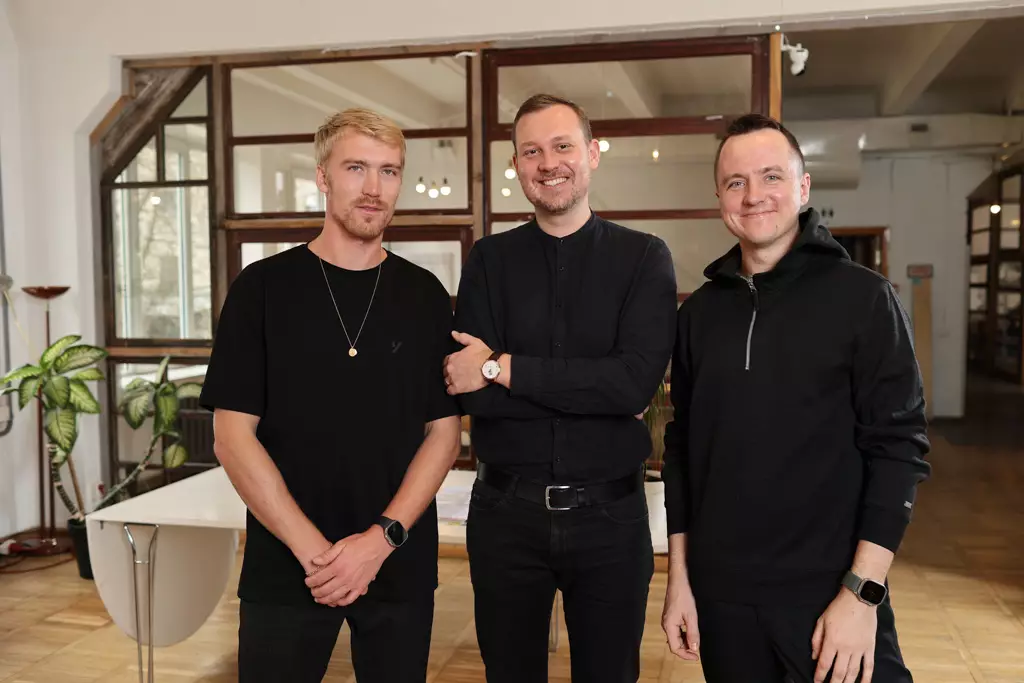In the fast-evolving world of product engineering, the demand for precise digital simulations has never been greater. Engineers are tasked with the challenge of designing prototypes that accurately reflect the materials’ real-world performance. Traditionally, this process has relied on legacy software systems from established giants like IBM and Dassault. However, with the introduction of generative AI and new startups entering the market, a paradigm shift is underway. These emerging platforms promise not only to enhance efficiency but also to alleviate the strain on Western manufacturers aiming to compete with their quicker Asian counterparts.
One noteworthy player in this AI-centric wave is Trace.Space, a startup based in Riga, Latvia. This innovative platform is tailored specifically for engineers engaged in creating complex industrial products, such as electric vehicles, satellites, robots, semiconductors, and medical devices. The founders recognized a critical gap in the existing engineering software landscape, particularly the reliance on outdated on-premise solutions that have become cumbersome in the face of increasing product complexity. As Janis Vavere, the co-founder and CEO, aptly points out, legacy tools are falling short: “IBM’s tools for this were designed in the late ’80s.”
What sets Trace.Space apart is its modern, cloud-based architecture, which promotes real-time collaboration among manufacturers and suppliers. This shared digital space enables teams to work together seamlessly on product specifications, significantly reducing response times in product development cycles. By leveraging a more agile system, engineers can swiftly adapt to changes, ultimately enhancing productivity and innovation.
Contrary to some perceptions of generative AI as merely cosmetic, Vavere emphasizes that Trace.Space is implementing sophisticated AI techniques, incorporating models such as Llama alongside deterministic AI libraries. This sophisticated integration empowers the platform to address the intricate demands of regulated product development effectively. The combination of modern software design and artificial intelligence is poised to provide companies with the robust solutions they urgently need.
The Founders’ Vision and Industry Experience
The team behind Trace.Space brings a wealth of experience to the table. Vavere, previously associated with Jama Software, has firsthand knowledge of the deficiencies inherent in existing platforms. His insights, combined with the expertise of co-founders Mikus Krams and Karlis Broders, who possess backgrounds in operations and large-scale software implementations, position the startup for substantial impact. Their collective vision is clear: to harness contemporary software architectures and intelligent systems to support industries grappling with the complexities of product engineering.
With an impressive $4 million in seed funding, Trace.Space is poised to challenge the status quo in product engineering. As competition intensifies, the need for agile, AI-enhanced solutions becomes critical. Trace.Space and its contemporaries, such as Luminary and Dessia Technologies, represent a new breed of engineering platforms that prioritize efficiency, collaboration, and complexity management. As these innovations unfold, they will undoubtedly reshape how engineers approach product development, ushering in a new era of design that is both responsive and future-proof.

